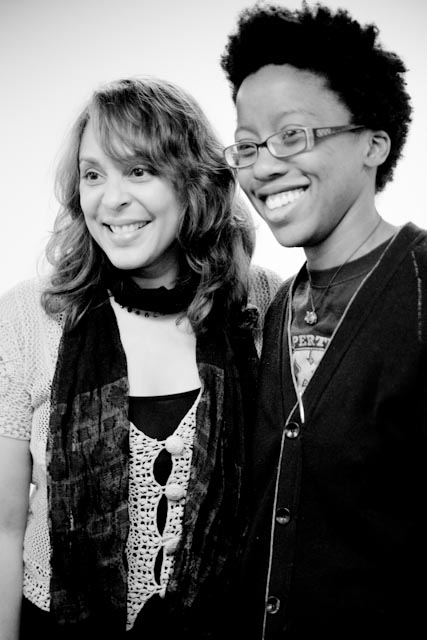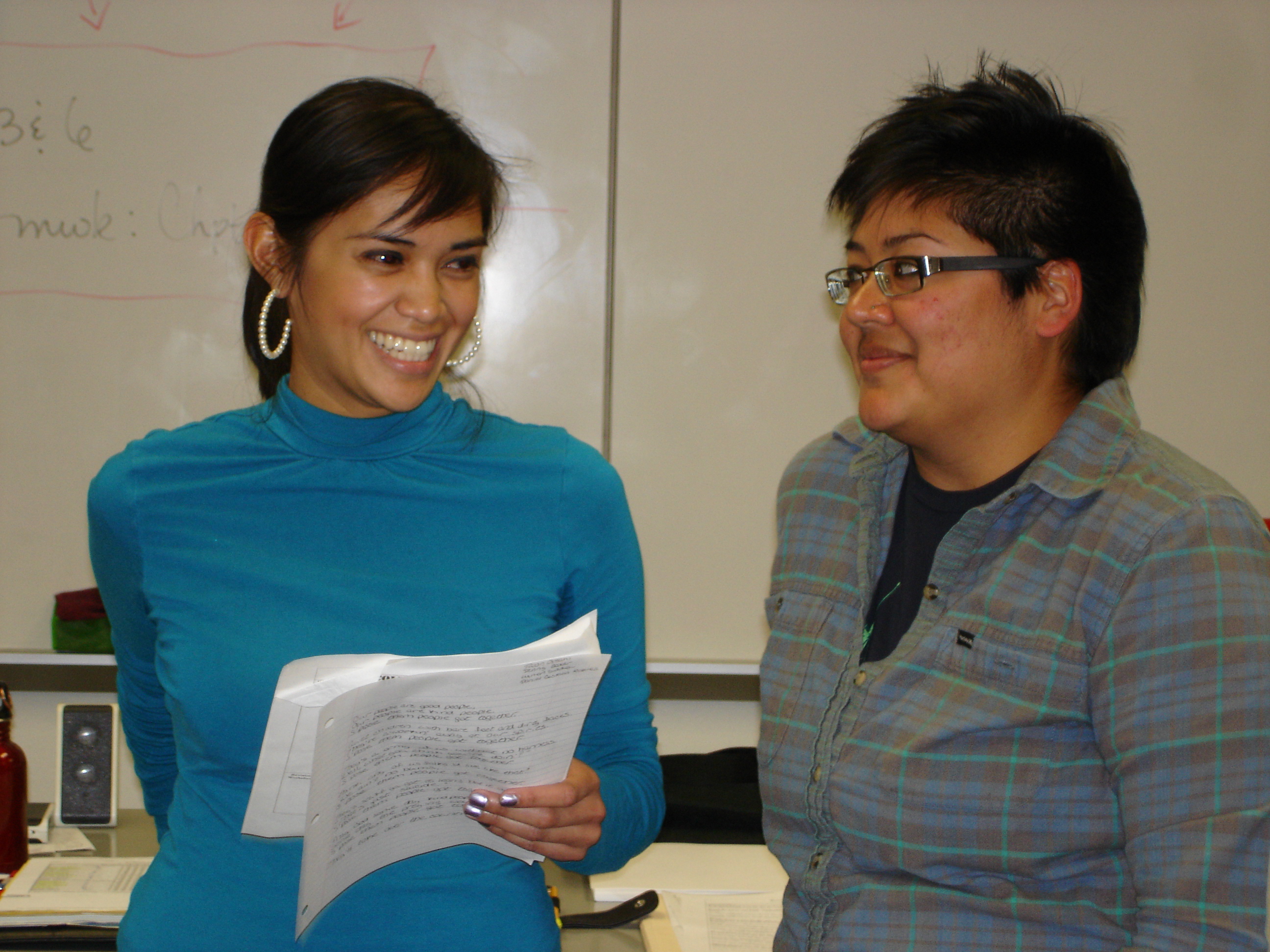Washington State Poet Wins Griffin Prize
Canada's Griffin Poetry Prize, which awards an international and a Canadian poet sixty-five thousand dollars Canadian (roughly sixty-six thousand American dollars) each, was announced last night in Toronto. The city's poet laureate, Dionne Brand, took the national prize for her long poem Ossuaries (McClelland & Stewart), and Tacoma native Gjertrud Schnackenberg won the international award for Heavenly Questions (Farrar, Straus and Giroux).
The judges, Tim Lilburn of Canada, Colm Toíbín of Ireland, and Chase Twichell of the United States, selected the winners from four hundred fifty collections representing thirty-seven countries. Twenty translations were among the entries, which are required to be written in English.
"Reading this book is like reading the ocean," said the judges of Schnackenberg's winning collection, comprised of six long poems, "its swells and furrows, its secrets fleetingly revealed and then blown away in gusts of foam and spray or folded back into nothing but water. Heavenly Questions demands that we come face to face with matters of mortal importance."
Of Brand's sprawling text, the judges said, "The most remarkable part of her achievement is that in fulfilling the novelistic narrative ambition of her work, she has not sacrificed the tight lyrical coil of the poetic line. The story vaults us ahead with its emerging and receding characters, its passions and dramas, which include a violent bank robbery and tense escape, while each line holds us and demands we admire its complex beauties."
The finalists for this year's prize, each of whom received ten thousand dollars Canadian, are Canadian poets Suzanne Buffam for The Irrationalist (House of Anansi Press) and John Steffler for Lookout (McClelland & Stewart); Seamus Heaney for Human Chain (Farrar, Straus and Giroux), Khaled Mattawa for his translation from the Arabic of Adonis's Selected Poems (Yale University Press), and Philip Mosley for his translation from the French of François Jacqmin's The Book of Snow (Arc Publications).
In the video below, two students interpret international winner Schnackenberg's poem "Darwin in 1881," from Supernatural Love (Farrar, Straus and Giroux, 2000). Listen to a reading of the poem here.





 Willow Books, the literary imprint of P&W-supported
Willow Books, the literary imprint of P&W-supported  The workshop was inspired, in part, by UC Riverside professor and novelist Susan Straight, who emphasized to her students the need for community participation through the arts. When her graduate students approached her with an interest in teaching in the Riverside community, she recommended her alma mater, North High.
The workshop was inspired, in part, by UC Riverside professor and novelist Susan Straight, who emphasized to her students the need for community participation through the arts. When her graduate students approached her with an interest in teaching in the Riverside community, she recommended her alma mater, North High.